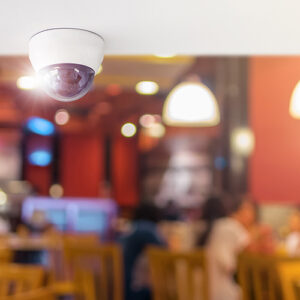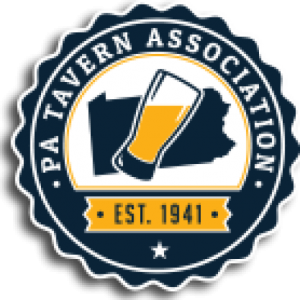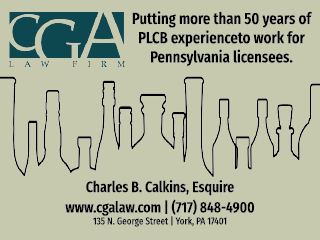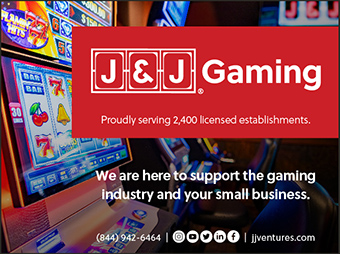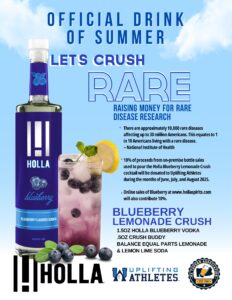 (Harrisburg, Pa. / May 9, 2025) Two leading statewide liquor industry associations have declared Pennsylvania’s Official Summer Adult Cocktail of 2025.
(Harrisburg, Pa. / May 9, 2025) Two leading statewide liquor industry associations have declared Pennsylvania’s Official Summer Adult Cocktail of 2025.
The Pennsylvania Licensed Beverage and Tavern Association (PLBTA) along with the Pennsylvania Federation of Fraternal and Social Organizations (PFFSO), both based in Harrisburg, named the Blueberry Lemonade Crush as Pennsylvania’s Official Summer Adult Cocktail of 2025.
In the previous years, the official drink was the Watermelon Crush, Orange Crush and the Bloody Mary.
“We’re asking all bars, taverns, clubs, and licensed restaurants to put this drink on their summer cocktail menu,” said Chuck Moran, executive director of the PLBTA. “It will be a refreshing drink for adults to enjoy.”
Ted Mowatt, executive director of the PFFSO said, “As the summer temperatures climb, the blueberry lemonade crush will be a delightful drink for Pennsylvanians to enjoy.”
Both Mowatt and Moran urge bar and club patrons to ask their bartenders for a Blueberry Lemonade Crush this summer.
Raising Funds For Rare Diseases
As part of the summer promotion, Holla Spirits, based in York County, will make a donation to Uplifting Athletes for every bottle of their Holla Blueberry vodka sold to a bar or club this summer to make the official drink, or ordered online at www.hollaspirits.com from consumers.
Patrick Shorb, founder of Holla Spirits and a rare disease survivor, says for him this is an opportunity to work on an issue close to his heart. The Penn State grad says he’s thankful for past care he received and is delighted his company can help raise funds to fight rare diseases.
“Finding out that you have a rare disease is quite scary for the patient and their family,” said Shorb. “As a survivor, I can attest to that. It’s an honor to be able to give back by raising funds for research and patient assistance.”
Rob Long, executive director of Uplifting Athletes based in Doylestown, knows how life changing a rare disease can be. The former Syracuse punter saw his life change after being diagnosed with anaplastic astrocytoma, a rare and aggressive form of brain cancer.
“Now, more than ever before, funds are needed to research rare diseases,” said Long. “Our organization is humbled to know that there are businesses like Holla who want to help.”
Uplifting Athletes is a nonprofit organization founded in 2007 that harnesses the power of sport to build a community that invests in the lives of the more than 30 million people impacted by rare diseases in America. Since its inception, Uplifting Athletes has raised more than $9 million by engaging athletes to positively impact the rare disease community through driving action, awareness, and funding research. To learn more about Uplifting Athletes, visit upliftingathletes.org.
Watermelon Crush Recipe
1.5 oz blueberry vodka (using Holla Blueberry Vodka will result in a donation being made to Uplifting Athletes)
.5 oz Crush Buddy
Equal parts lemonade and lemon lime soda





